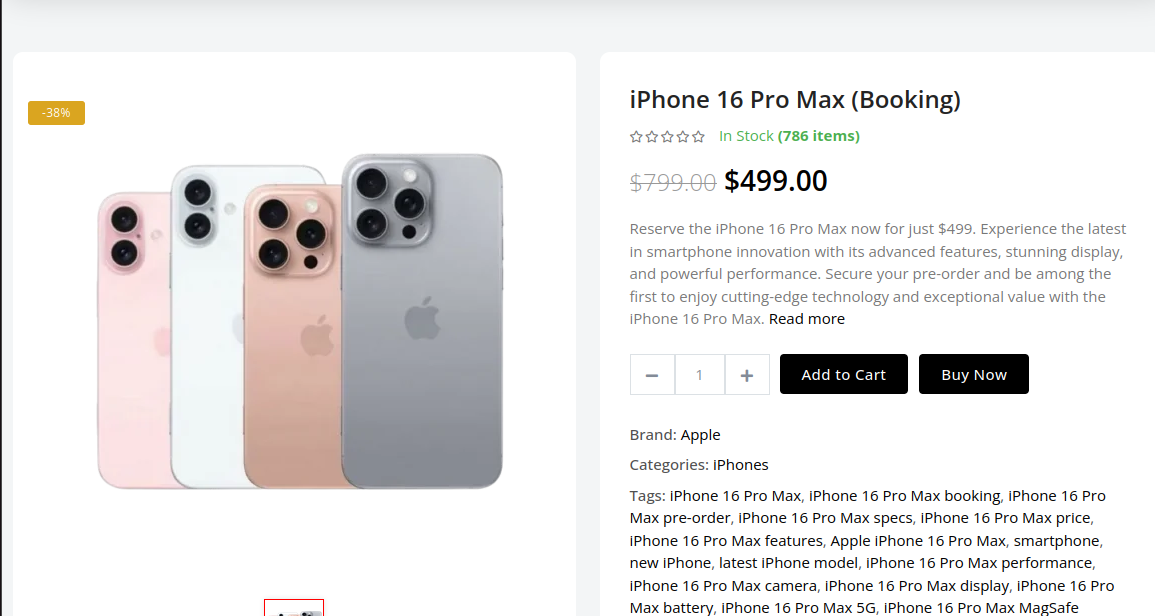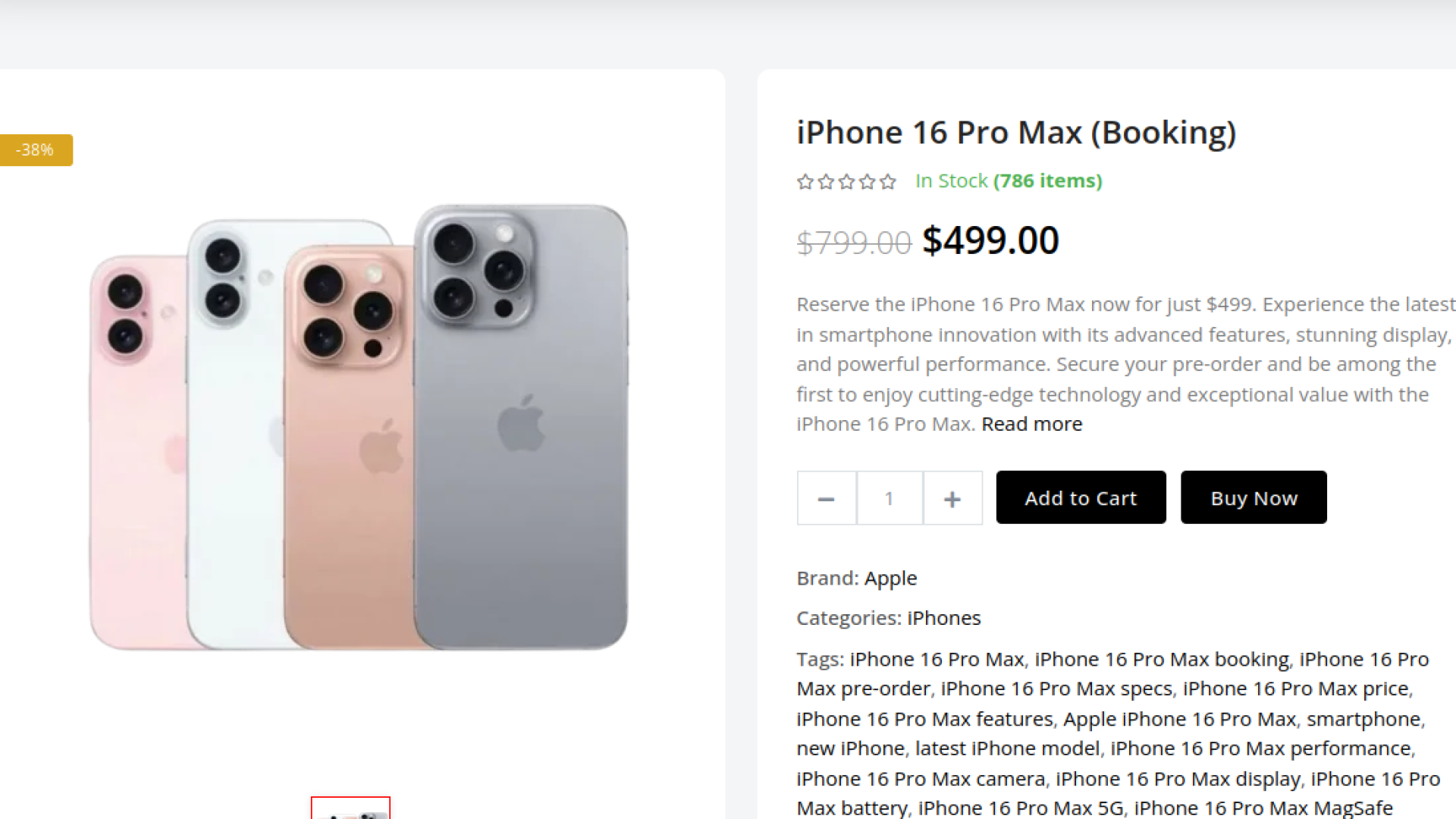Born and raised in a world of fast-evolving technology, Gen Z is the most internet-savvy generation yet, known for their digital fluency and trendsetting influence. From their earliest years, they have been shaping and redefining the digital landscape, leaving footprints online long before they fully grasp its risks. But as they navigate a world of hyperconnectivity, social media and online shopping, cyberthreats are evolving just as rapidly.
To explore the challenges, Kaspersky has launched “Case 404” — an interactive cybersecurity game where players take on the role of an AI detective investigating digital crimes. Explicitly designed for Gen Z, the game helps players recognize how their everyday online habits — from shopping to oversharing — can become entry points for cyberthreats.
With the launch of its new game, Kaspersky sheds light on how cybercriminals are turning Gen Z’s online habits into attack vectors — and offers practical tips to turn awareness into digital resilience.
-
Oversharing and digital footprint increase
For Gen Z, sharing life moments online is second nature. Social media platforms like Instagram, TikTok and Snapchat are filled with geotagged selfies, daily updates and personal stories. However, this constant sharing creates an extensive digital footprint that cybercriminals can exploit for identity theft or social engineering attacks.
Oversharing can inadvertently reveal sensitive details, from home addresses in the background of photos to routines that make users predictable. Even seemingly harmless content, like a photo of their partner or pet, can provide clues for password recovery questions.
-
Fear of Missing Out (FOMO)
The Fear of Missing Out (FOMO) refers to the anxiety or unease that arises from a fear of being left out or not being part of the latest updates or connections if they don’t follow what other people are doing on social media. FOMO is a powerful driver for Gen Z, fueled by social media updates about product launches, concerts and events.
Seeing peers attend events, acquire new products or achieve milestones can lead to feelings of inadequacy or exclusion. Whether it’s a new iPhone drop, Taylor Swift’s Eras Tour or a major sporting event, FOMO can push users to click on unverified links promising early access or exclusive deals.
 Example of a phishing page offering a new iPhone 16 Pro Max
Example of a phishing page offering a new iPhone 16 Pro Max
-
Nostalgia of Y2K fashion and early 2000s culture
For Gen Z, who were born around or after this era, Y2K fashion represents a blend of nostalgia for a simpler, pre-digital time and a desire to reinvent those styles with a modern twist. Platforms like TikTok and Instagram have amplified Y2K’s resurgence, with influencers recreating vintage looks and sharing thrifted finds. Hashtags like #Y2Kfashion and #Y2Kaesthetic have garnered billions of views.
Gen Z’s fascination with early 2000s culture, from Y2K aesthetics to childhood games, has revived interest in retro titles like The Sims 2, Barbie Fashion Designer and Bratz Rock Angelz. While these games evoke nostalgia, searching for unofficial downloads often leads users to malware-infested sites. Cybercriminals target this niche interest by embedding malicious software into counterfeit game files. What seems like a trip down memory lane could result in compromised devices or stolen data.
-
Fast Fashion
Gen Z loves expressive clothes, wants to stand out rather than fit in and has an ever-changing style — what was in a month ago might already be out. Their trend-chasing habits are supported by fast-fashion retailers supplying accessible ways to switch it up. For instance, Chinese fast-fashion giant Shein, loved by Gen Z, adds 6,000 new products to its website per day.

A phishing scheme luring users into a trap by creating a sense of urgency with a limited discount
For Gen Z, fast fashion is more than just a shopping preference — it’s a lifestyle. Fast-fashion brands like Shein, ASOS and Fashion Nova deliver affordability and instant gratification, making them staples for this generation. However, the allure of these brands comes with a dark side. Fake shopping websites, hoax promocodes and phishing ads capitalize on their popularity, using convincing imitations to lure users into entering their sensitive details. The higher the engagement in online shopping, the higher the risk of encountering fake websites and phishing scams designed to steal personal and financial information.
-
iDisorder
Gen Z face a phenomenon called iDisorder, a condition where the brain’s ability to process information changes because of overexposure to technology. This obsession with technology can result in psychological, physical and social disorders, including depression and anxiety. This is proven by public research: one in three 18- to 24-year-olds now report symptoms indicating they have experienced such mental health problems.
That is why they are extensively turning to digital tools like teletherapy platforms and mental health trackers to alleviate stress. However, these platforms store highly sensitive personal information, including emotional states, therapy notes and user routines. If breached, this data could be exploited for blackmailing or phishing.
“Trends may evolve rapidly, but the underlying cyberthreats remain constant. Whether it’s leveraging Gen Z’s love for online shopping, capitalizing on the urgency created by FOMO or targeting the growing use of mental health apps, attackers are quick to turn popular behaviors into opportunities for phishing, scams and data breaches,” comments Anna Larkina, privacy expert at Kaspersky. “Start by taking control: verify links and websites before engaging, use strong, unique passwords and enable two-factor authentication for an extra layer of security. Be mindful of what you share online — and most importantly, remember that staying informed is your best defense. Cybersecurity isn’t just about responding to threats; it’s about empowering yourself to navigate the digital world confidently and safely.”
To stay safe in the digital world, we recommend Gen Z do the following:
-
Check out an interactive online game, “Case 404” by Kaspersky, designed for Gen Z to learn how to stay safe in an increasingly vulnerable online world.
-
Think before you post: don’t share photos revealing your home, routine or personal details that could be used in password recovery.
-
Don’t fall for urgent offers — verify discounts, pre-orders or ticket links through official websites only.
-
Always check website URLs carefully before entering personal info. Scammers often mimic brand names or use fake domains.
-
Use trusted payment methods when shopping online and avoid deals that look “too good to be true”.
-
Mental health apps store sensitive data — choose services with strong privacy policies and don’t overshare personal information.
-
Be cautious of file extensions: videos or games should not come in .exe or .msi formats — that’s a red flag.
-
Use a reliable security solution, like Kaspersky Premium, to detect malicious attachments that could compromise your data.
-
Ensure secure browsing and safe messaging with Kaspersky VPN, protecting your IP address and preventing data leaks.
Threat Research
The Threat Research team is a leading authority in protecting against cyberthreats. By actively engaging in both threat analysis and technology creation, our TR experts ensure that Kaspersky’s cybersecurity solutions are deeply informed and exceptionally powerful, providing critical threat intelligence and robust security to our clients and the broader community.




